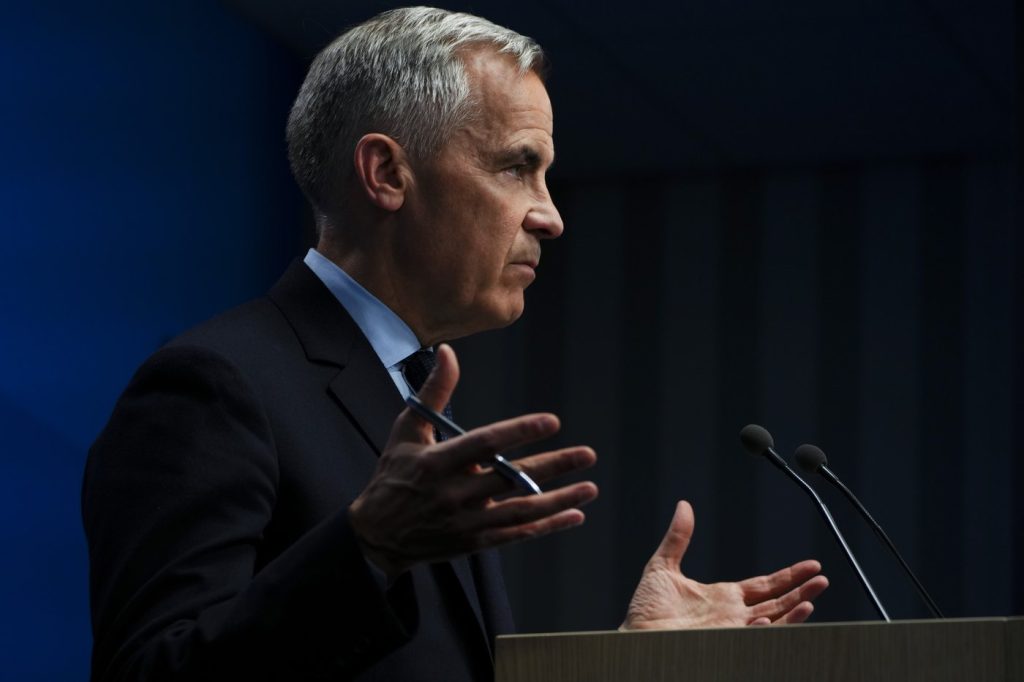Recent reports indicate a notable decline in confidence among federal public servants in Canada regarding their senior management. According to the 2024 Public Service Employee Survey, only 55 per cent of public servants expressed confidence in their senior managers—a significant drop from 64 per cent in 2022 and 68 per cent in 2020. While almost two-thirds of respondents acknowledged that senior managers model ethical behaviour, fewer than half felt that these managers make effective and timely decisions, or that essential information is communicated effectively from senior management to staff.
In trade matters, a new law aimed at safeguarding Canada’s supply management system faces skepticism from experts. Concerns have arisen that this legislation may not be sufficient in negotiations with a potential Trump administration that has expressed intentions to dismantle such systems. Trade lawyer William Pellerin argues that the recent passage of the law limits Canada’s bargaining power, especially as trade irritants like dairy and supply management remain unresolved. This situation was evident when Trump paused negotiations on trade over the digital services tax, zeroing in on Canada's supply management system shortly before Canada retracted the tax.
Furthermore, Canadian advocates are calling for stronger actions to uphold the 1997 Anti-Personnel Mine Ban Convention, commonly known as the Ottawa Treaty. As six countries near the use of landmines—posing substantial risks to civilians—Senator Marilou McPhedran expressed deep concern over the potential violations of the treaty. Global Affairs Canada is reportedly in discussions with these countries that are moving away from the treaty, emphasizing Canada's ongoing commitment to eliminate landmines that have severely harmed civilians, especially in conflict zones like Ukraine.
In corporate news, the merger between Bunge and Viterra Limited has officially been completed, creating a new powerhouse in the global agribusiness market, with an estimated value of US$8.2 billion. This merger was greenlit by the Canadian government after an extensive approval process, which included specific terms to ensure fair competition. Bunge’s CEO, Greg Heckman, remarked that this collaboration enhances their capabilities and expertise, while Viterra operates over 80 facilities across Canada, previously known as the Saskatchewan Wheat Pool.
On the linguistic front, Quebec's Office québécois de la langue française has revised its stance regarding the use of the word "go" during sports events. After initially pushing Montreal's transit agency to remove the term from bus signage, the office now acknowledges its "partial legitimization," acknowledging that while "allez" is preferred, "go" can be used to cheer on teams. This change came after emails revealed a shift in the office’s policy, giving a surprising nod to the use of English in sports encouragement.
Lastly, the British Columbia Conservation Officer Service has reported a successful search for a 1.5-meter boa constrictor in Miracle Beach Provincial Park. Inspector Drew Milne likened the search to finding a needle in a haystack, given the vast 137-hectare area of the park. Utilizing witness accounts and considering the reptile’s cold-blooded behavior, the search team was able to locate the snake quickly, emphasizing the importance of responsible pet ownership, especially concerning exotic animals.











